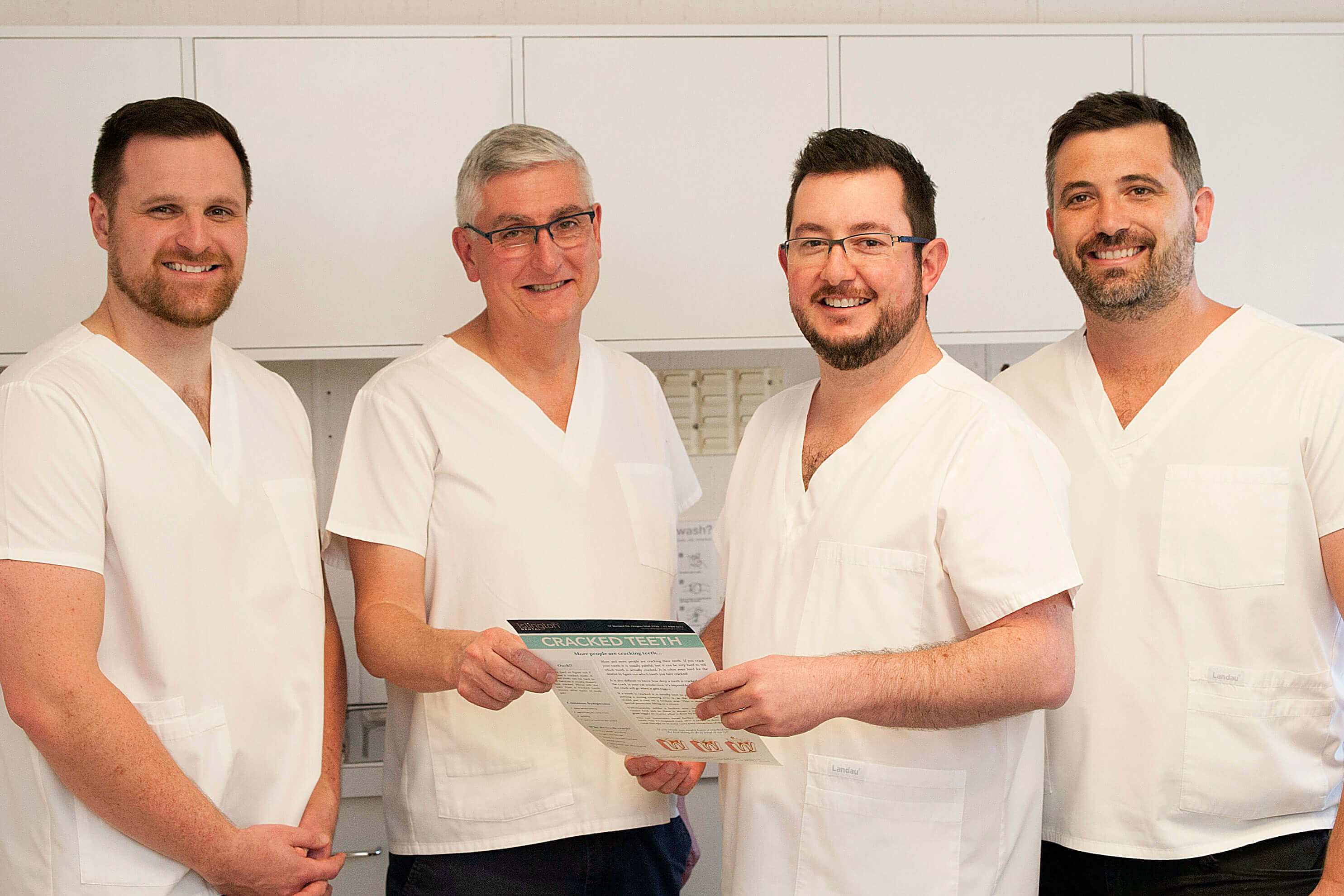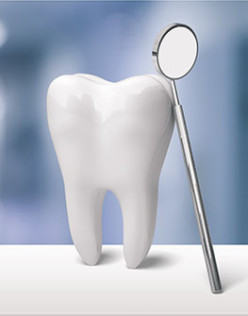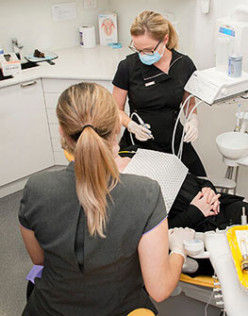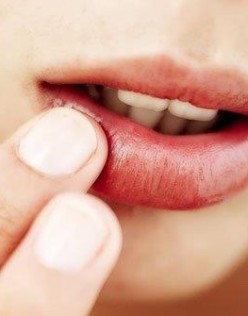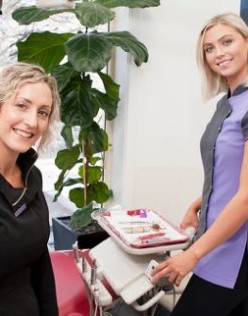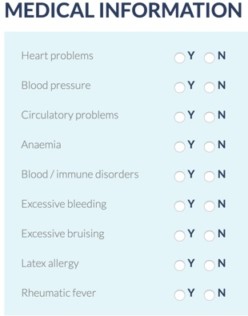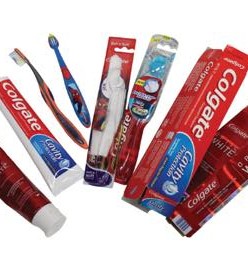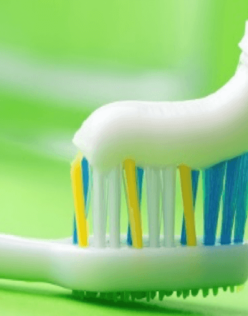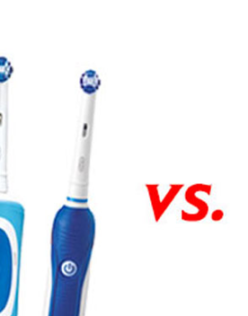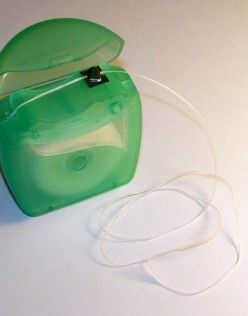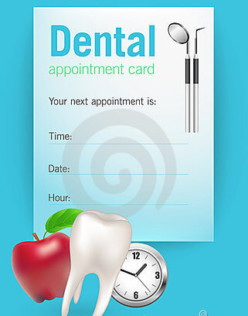Acid Attacks
Different types of bacteria are present in our mouths, both good and bad. When we eat or drink, this bacteria reacts with the plaque in our mouths to produce acids. These acids remove minerals from the outer enamel layer of our teeth and weaken the surface, in a process is called demineralisation. If these acids… Read More
Why we always provide an experienced dental assistant with all our hygienists
At Islington Dental we have put in the long yards to be able to provide our patients with a more comfortable and safer experience when undergoing their preventative maintenance. Unlike most practices, we provide each hygienist with their own dental assistant. According to Prof Laurie Walsh – Australia’s most recognized expert on Infection Control –… Read More
Risks of having a cold sore when visiting the dentist
Most people are not aware how serious a cold sore infection can be. Although typically formed in your mouth, they can also develop on your checks, nose, and eyes. If you have a cold sore or have had one in the past two weeks of your appointment, we may be asked to reschedule to avoid… Read More
Managing Your Dental Fears
Dental anxiety is quite common and can be managed. People with a fear of the dentist have a much higher risk of gum disease and early tooth loss. Dental treatment has changed so much over the years and here at Islington Dental our dentists and hygienist endeavour to give you a more relaxed and comfortable… Read More
The importance of your dentist knowing your medical history
Patients often ask us why do they need to fill in a medical history form when they attend their appointments. The Dental Council of Australia requires your dentist to check your health condition regularly, and especially before any treatment is carried out. Dentists are not only required to check a patient’s medical condition but must… Read More
Islington Dental recycles in partnership with Colgate and TerraCycle
There’s no denying that the Zero Waste movement is gaining a lot of momentum with a huge spotlight shone upon our plastic problem. With 4.7 billion toothbrushes being made annually, TerraCycle and Colgate ® have created a free recycling program for oral care product packaging. Islington Dental will provide recycling bins in their waiting area… Read More
Fluoride toothpastes for preventing dental decay in children and adolescents
Children who brush their teeth at least once a day with a toothpaste that contains fluoride will have less tooth decay. Tooth decay (dental caries) is painful, expensive to treat and can sometimes lead to serious damage to teeth. Fluoride is a mineral that prevents tooth decay. The review of trials found that children aged… Read More
Electric Toothbrushes vs Manual Toothbrushes for maintaining good oral health
What are the effects of using a powered (or ‘electric’) toothbrush compared with using a manual toothbrush for maintaining oral good health. Good oral hygiene, through the removal of plaque (a sticky film containing bacteria) by effective tooth brushing has an important role in the prevention of gum disease and tooth decay. Dental plaque is… Read More
To floss or not to floss, that is the question…
Does using dental floss every day help to prevent gum diseases like periodontitis, and tooth decay? What did the evidence say? There is evidence from 12 trials that flossing reduces gum disease. There is also some evidence that flossing in conjunction with tooth brushing may reduce the amount of plaque (a biofilm caused by bacteria)… Read More
How often should you see your dentist?
We recommend that you should see your dentist at least every 12 months for a full oral health assessment and examination. We also recommend that you see your hygienist at least every 6 months. Your hygienist is skilled in cleaning teeth, providing oral health care education and administering other treatments like teeth whitening. Regular hygiene… Read More
